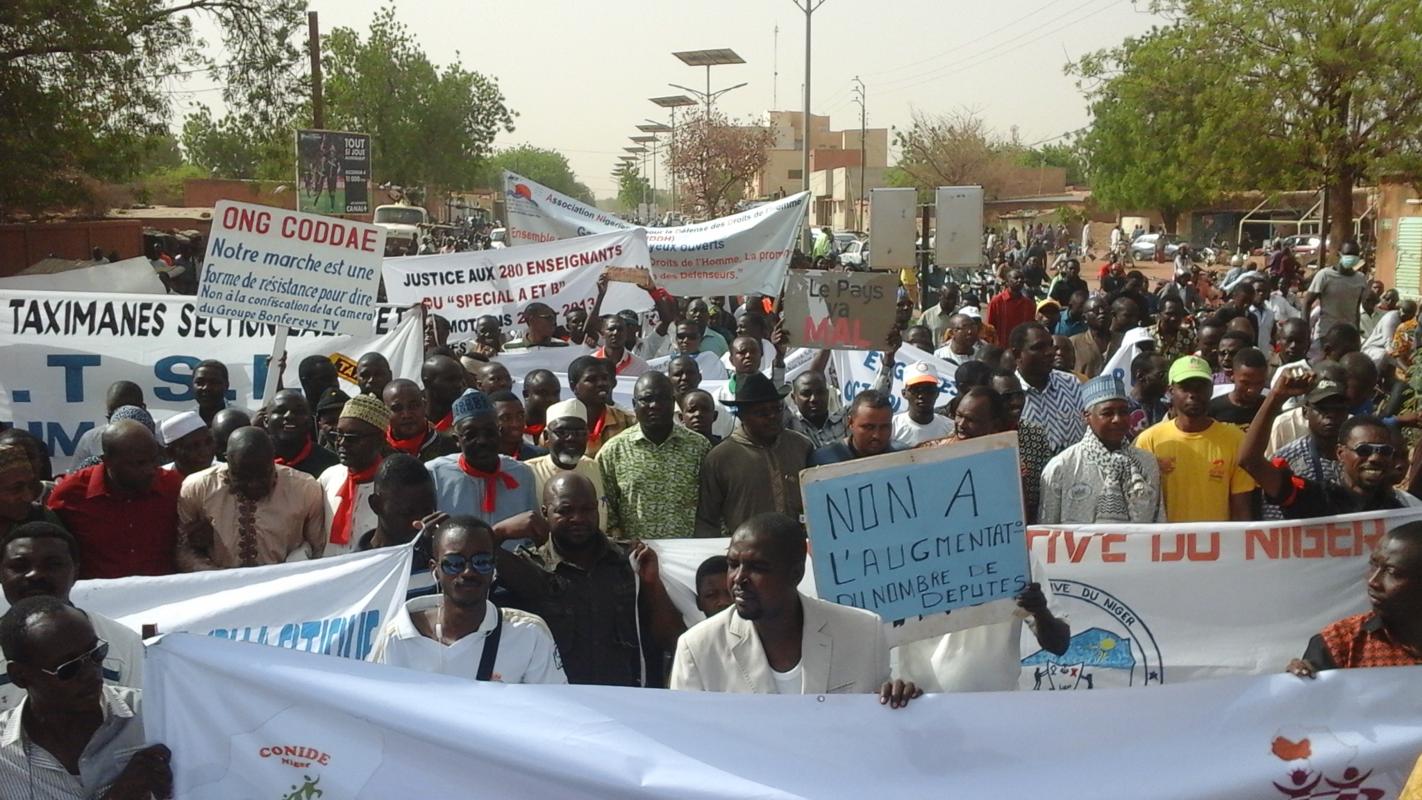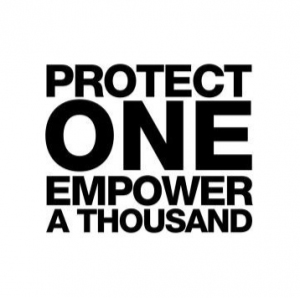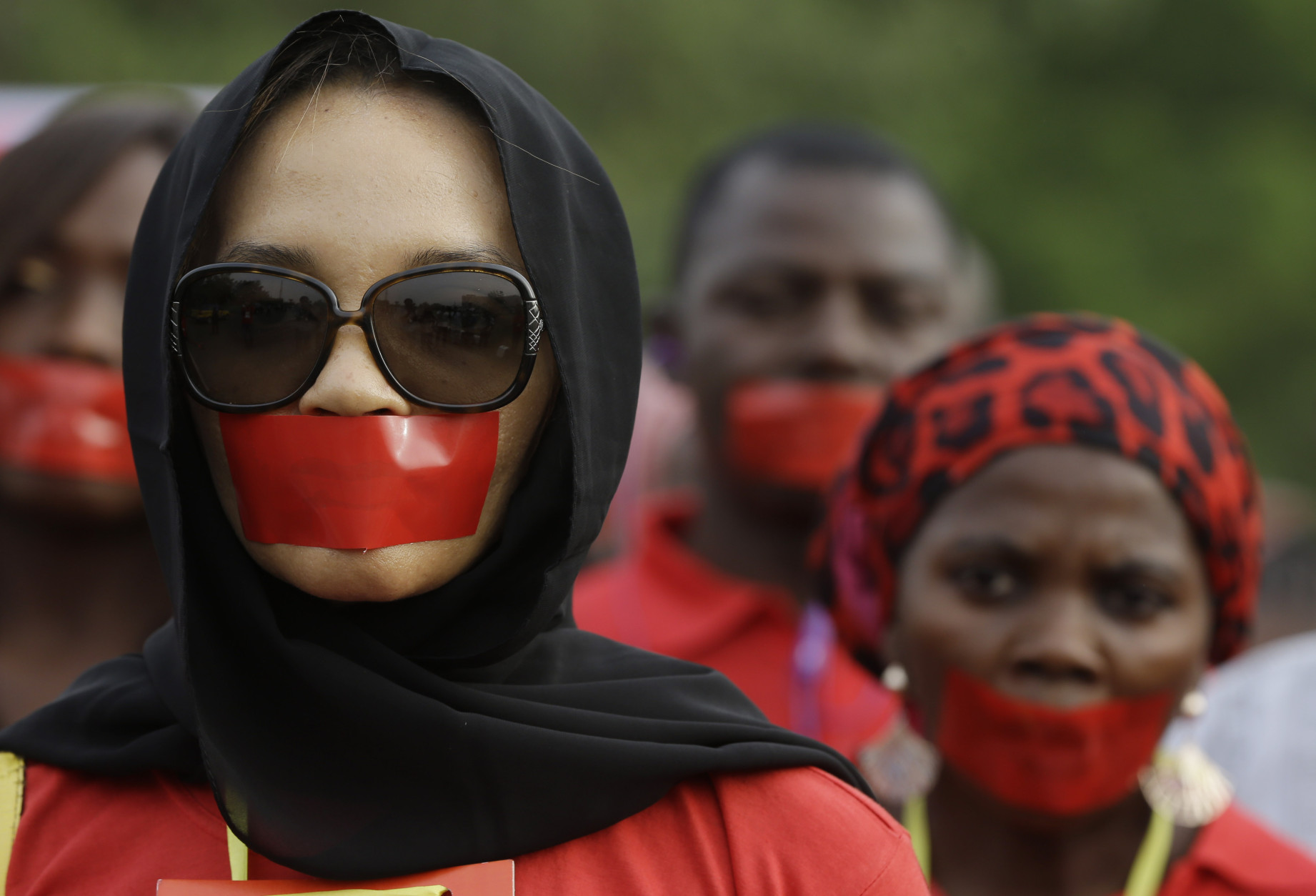
Ali Idrissa
Testimony by Ali Idrissa at the 2013 Dublin Platform
On the 10th of August 2009, he was stopped at around six o’clock in the morning by the Judicial Police for “posing a threat to the safety of the state” and was then placed under a committal order and imprisoned at the Niamey civilian prison.

Ali Idrissa is the Coordinator of Réseau des organisations pour la transparence et l'analyse budgétaire (Network of Organisations for Budgetary Transparency and Analysis – ROTAB) and Publish What You Pay Niger (PWYP). He is also a member of the Board of Directors and the Africa Steering Committee of PWYP. He has long campaigned on issues of transparency in the mining sector.


